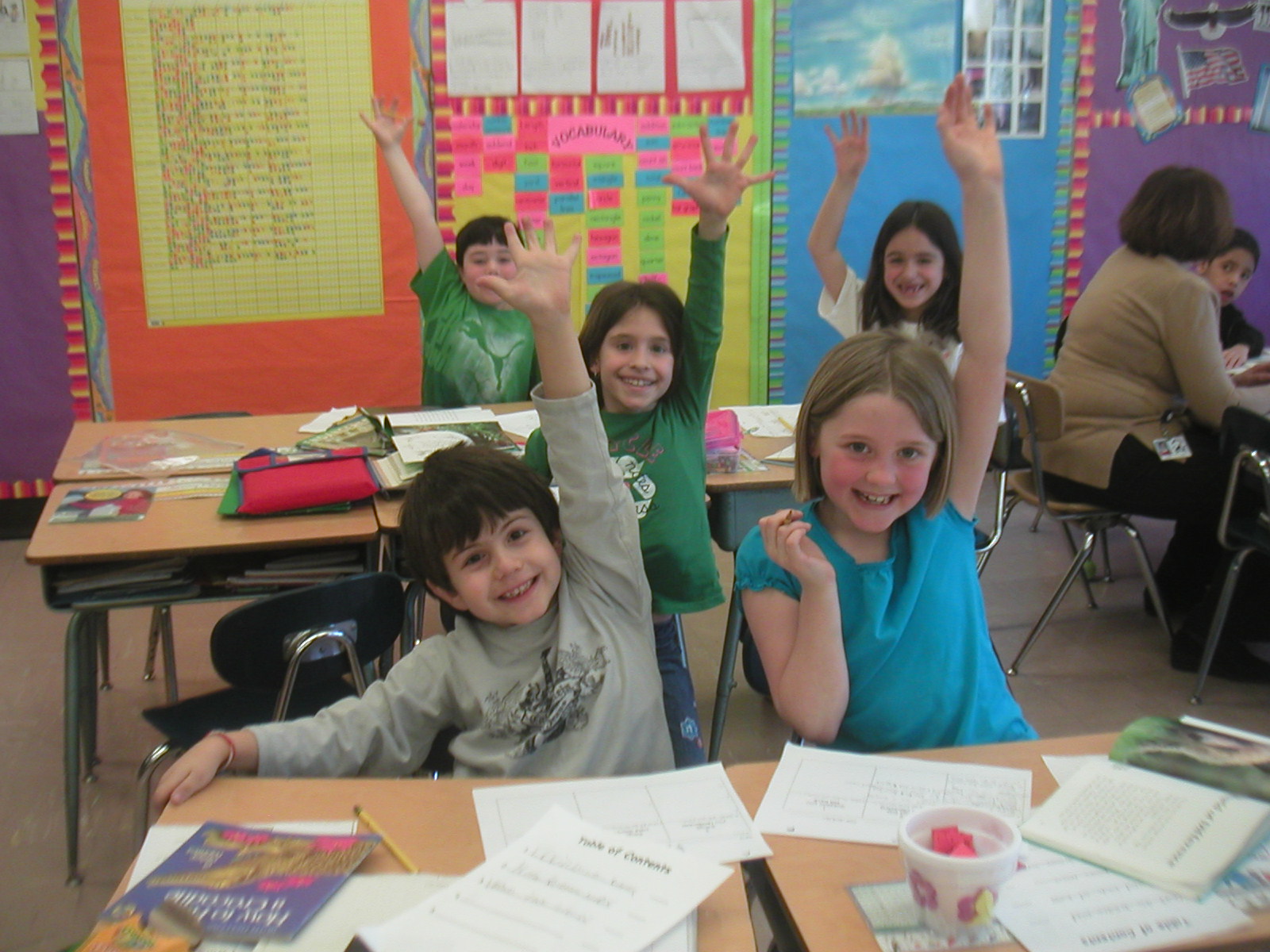Education is universally regarded as extremely important in any child’s development. At the earliest levels, a good encompasses not only learning the basics of math, reading, spelling and language skills, history, etc., but also help to develop the actual “skill” of how to learn and retain, and how to study. Almost as importantly, early education is where children learn how to socialize with their own peer group, with those similar and dissimilar to themselves, and navigate the everyday world that they will be expected to live in for the rest of their lives. 
The elementary school that your child goes to can have a huge impact on their educational career and trajectory, echoing all the way through to college and beyond. To quote William Wordsworth, “the Child is Father to the Man.” Most parents come to that realization early on and make attempts to get their child into the best possible schools as early as possible. The question that every parent needs to ask themselves is when does good equal “good enough?”
For some, the only answer is “the best.” Of course, almost every parent will say that. But few have the means to actually afford, say, that $3000 a year nursery school, or $10,000 plus private elementary school tuition. For most, that’s a hefty price to pay even for a college education, let alone learning your ABCs. So again, the question for the average parent is what’s good enough?
Malcolm Gladwell points out in the The Tipping Point that if you simply look back on the last several dozen winners of say the Nobel Prize for Chemistry, yes, you’ll find your fair share of Harvard and Yale alum. But you’ll also find just as many winners from lower “prestige” institutions such as the University of Nebraska, Michigan, or Illinois. His point was that at a certain point, there is only so much of an advantage anything can give you relative to your innate talent; if you are talented enough, going to a school such as Nebraska is “good enough” to win you a Nobel Prize.
This trickles down to the elementary level of education. Take a look at the public schools in your city and see how they really match up to the private institutions. How successful are the students once they move on? What is the graduation rate at the high schools that they feed into, how many of those graduates go on to college, and what is their success rate beyond that point?
Your geographical location, obviously, is extremely important if you want your child to attend the best public school in your town. If the choice falls down to public or private, it might just be worth your time to do the math and see if you’ll end up spending more to live in a better district or send your child to more expensive private schools. It all relative, of course, and no one course will be best in every situation. Living in a nicer area has its own advantages for everyone, of course, but the decision has to come down to you, the parent, in the end.
Kamiel Moore is a writer for We Buy Ugly Houses St. Louis. There are many ways St. Louis schools impact the local real estate market.

